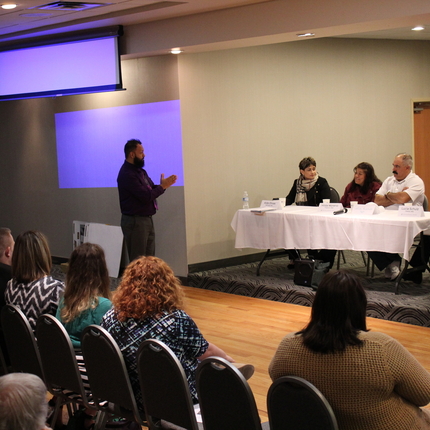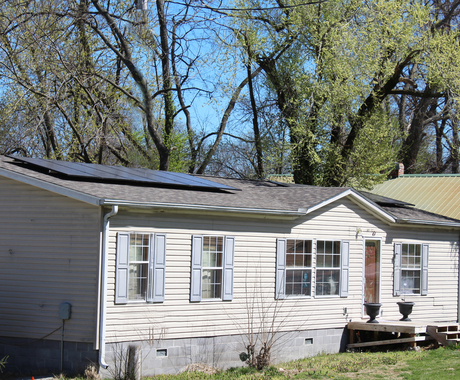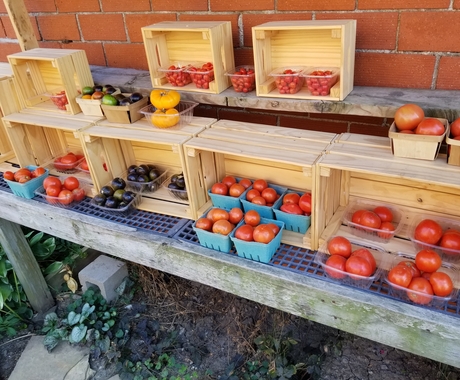Jordan Feyerherm and Carlos Barcenas, former staff members, co-wrote this blog.
For hundreds of years, immigration has shaped U.S. history. And, it continues to shape America, especially in rural areas. Jordan and Carlos recently sat down to chat about our inclusion work.
What does inclusion mean?
Inclusion is making sure everyone in the community has a chance to participate and knows how to participate. It’s welcoming new people to the community and helping them access resources.
We’re talking about biases, so we can successfully navigate those and not let those influence decisions. We know immigration plays a big role in the inclusion conversation, but we’re not only focusing on ethnic diversity. Instead, maybe the issue is about religion, gender, or generational differences. There is more to diversity than ethnic diversity.
It’s not an agenda to teach one side to work with the other. Our goal is to empower community leaders to identify biases and set up plans to intentionally work on leadership.
How do conversations begin with community leaders?
It’s not an easy task. We’re encouraging leaders to have uncomfortable, comfortable conversations. How do we move forward in order to make our communities stronger?
We’re finding there are a lot of differences among residents. Differences are what make each community vibrant. We’re trying to explore those and celebrate them.
We are not experts. You cannot change a community without changing the individual, so that conversation has to start at the individual level.
Conversations begin with, “It’s OK to have biases. We all do.” Then we ask, “Is this bias preventing you from becoming a better leader, or from making better decisions that affect your community?” We let the community drive the conversation.
Has the national political climate affected this work?
Yes. The immigration and inclusion conversation has changed in the last year, along with the national political climate. Before the president was elected, we saw the race conversation pushed forward. As soon as Trump was elected, there was almost a complete shift.
People don’t want to talk about it anymore. They are not as curious or open to talking about race, diversity, and inclusion. We also see more people justifying their prejudice and their bias. We see more acts of pushback.
What is on the horizon?
Conversations about inclusion are some of the most challenging things, especially in a community climate where the conversation seems to be dominated by one group.
How can we sit down, behind closed doors if needed, to say, “How do we move forward and challenge our own bias, our biases?”
The demographics are changing in rural America. And, in a lot of rural communities, people are asking how they can keep their small towns vibrant.
Being forward-thinking about how we approach future problems is a big part of keeping rural areas vibrant.
Feature photo: In March 2017, we hosted a conversation about inclusion and immigration in York, Nebraska, featuring community leaders from Hastings and Fremont, and staff member Lucia Schulz. | Photo by Rhea Landholm




